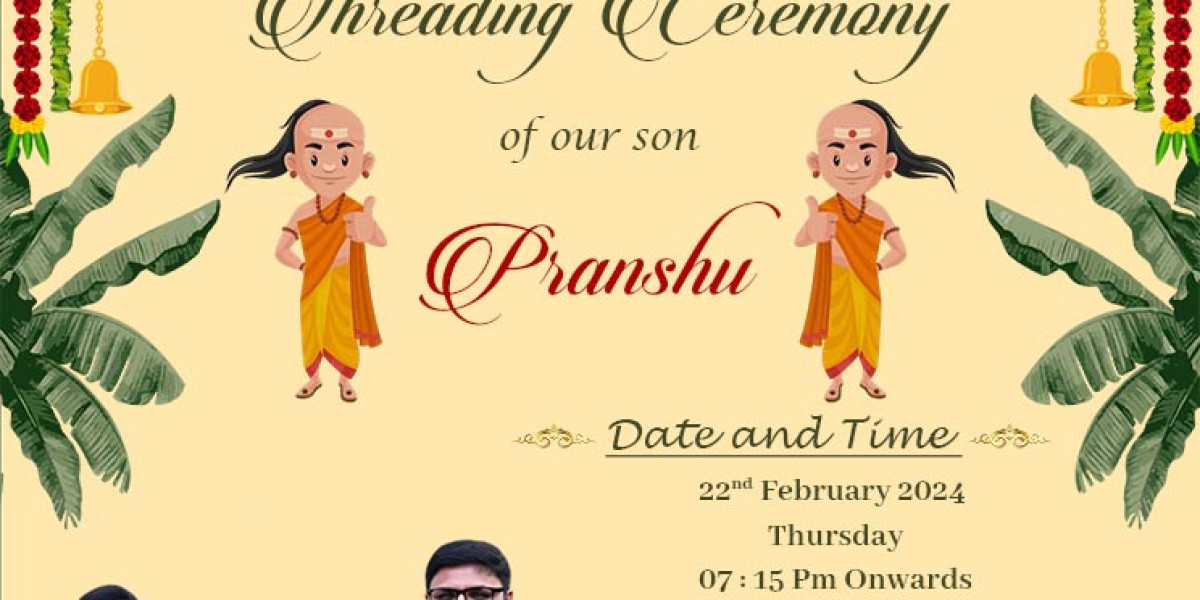The Mundan ceremony, also known as Chudakarana, is a sacred Hindu ritual that celebrates the first haircut of a child. Rooted in ancient tradition and spiritual significance, the Mundan ceremony holds deep cultural importance in Hindu families. In this comprehensive guide, we explore the essence of the Mundan ceremony, its rituals, significance, and the blessings it bestows upon the child.
Understanding the Significance of Mundan Ceremony
Cultural Heritage
The Mundan ceremony is a cherished tradition passed down through generations in Hindu families. It symbolizes the child's transition from infancy to early childhood and marks an important milestone in their spiritual journey.
Spiritual Significance
According to Hindu beliefs, hair holds energy and influences one's thoughts and actions. The Mundan ceremony is performed to cleanse the child's past karma and promote spiritual growth and well-being.
Rituals and Customs
Preparation
Before the Mundan ceremony, preparations are made with great care and attention to detail. The child's family seeks the blessings of elders and spiritual leaders, performs prayers, and observes purification rituals to ensure the ceremony's auspiciousness.
Shaving of the Head
During the Mundan ceremony, the child's head is shaved as a symbolic gesture of purification and renewal. The act of shaving the head is believed to remove impurities and negative energy, paving the way for blessings and prosperity.
Spiritual Blessings and Symbolism
Divine Blessings
The Mundan ceremony is an occasion for family and friends to come together and offer blessings to the child. It is believed that by participating in the ceremony, one invokes the blessings of the divine for the child's health, happiness, and success in life.
Symbolism of the First Haircut
The first haircut is a symbolic act of letting go of the past and embracing new beginnings. It signifies the child's readiness to embark on their journey of growth and learning, guided by the love and wisdom of their family and community.
Celebrating Unity and Togetherness
Community Celebration
The Tonsure ceremony is not only a family affair but also a community celebration. Relatives, friends, and well-wishers gather to share in the joyous occasion, offering support, blessings, and good wishes to the child and their family.
Preservation of Tradition
Through the Mundan ceremony, cultural and religious traditions are preserved and passed down to future generations. It serves as a reminder of the rich heritage and values that bind Hindu families together.
Conclusion: Embracing Tradition and Blessings with Mundan Ceremony
In conclusion, the Mundan ceremony is a sacred and joyous occasion that celebrates the spiritual growth and well-being of a child. Rooted in tradition and symbolism, the Mundan ceremony brings families together in unity and love, while also invoking divine blessings for the child's future. By honoring this ancient ritual, Hindu families affirm their cultural heritage and pass down the values of faith, love, and community to the next generation.









